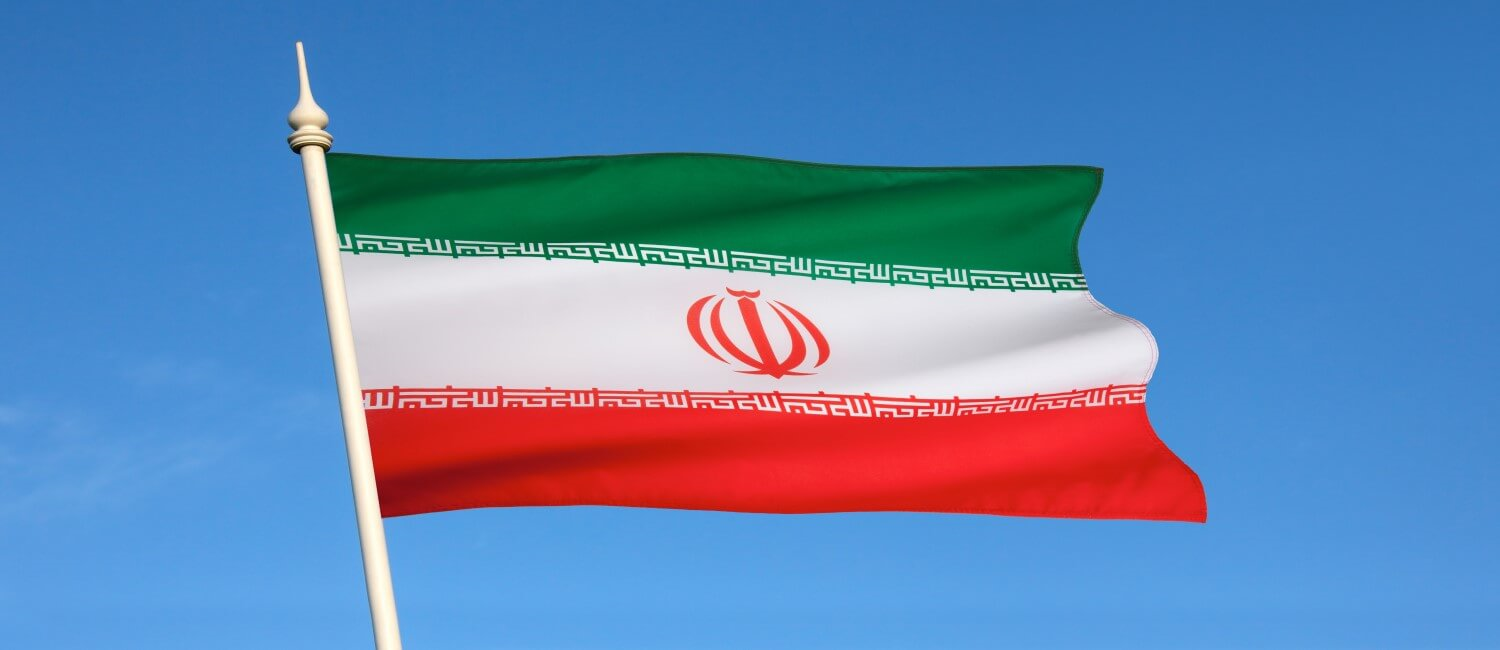Vietnam's growing integration into regional and global economies has opened up significant opportunities for international money laundering activities over the past few years. These illicit operations have become increasingly apparent through the establishment of bank accounts, securities trading, gambling, the illegal movement of foreign currency out of the country, and the use of credit cards, among other methods. As a result, combatting money laundering has become a top priority for the State Bank of Vietnam (SBV) and other relevant authorities in the country.
Latest AML Status in Vietnam
Since March 1, 2023, Vietnam has put into effect the Anti-Money Laundering (AML) Law of 2022, which amends the 2012 law. This updated legislation brings significant changes to establish a more stringent AML framework. Businesses must be aware of these alterations to comply with the law and adjust their internal rules accordingly. Notable amendments encompass broadening the definition of money laundering activities, imposing additional reporting requirements on digital wallet providers, introducing new procedures for verifying client information, and implementing a fresh risk assessment policy, among other noteworthy adjustments.
In light of Vietnam's ongoing economic growth and development, the government is taking measures to align its policies, including the new AML Law, with global standards. These policies are designed not only to protect the integrity of Vietnam's financial system but also to enhance the confidence of foreign investors.
AML Laws and Regulations in Vietnam
Effective January 1, 2018, the revised Penal Code introduced changes to money laundering crimes and extended criminal liability to legal entities involved in money laundering. Vietnam has established legislative standards for Know Your Customer (KYC) and Suspicious Transaction Reports (STR). To ensure consistency in reported data, the SBV has introduced standardized STR forms, although the system is not yet online, requiring local banks to submit printed copies of STRs.
While Vietnam theoretically aligns with international standards, there is room for improvement in financial oversight for AML activities. Customer Due Diligence (CDD) and KYC processes within domestic banks must be enhanced and rigorously enforced. Regulations related to updating client information in other sectors are limited and inadequately enforced.
Roles of AML Regulators
The SBV has a general responsibility for AML regulation and state management. It is tasked with inspecting and monitoring AML activities in reporting organizations within the currency, banking, and foreign exchange sectors. The Ministry of Finance (MOF) oversees AML operations in the insurance and securities industries. The SBV/MOF also has the authority to manage or recommend actions against AML violations.
Other authorities involved in anti-money laundering efforts include:
- The Ministry of Public Security is responsible for gathering and investigating money laundering-related information.
- The Ministry of Construction is in charge of implementing AML measures in the real estate sector.
- The Ministry of Justice is responsible for AML measures related to attorneys, legal practice groups, notaries, and notary public offices.
- The People's Procuracy and the People's Court collaborate with other authorities to investigate, prosecute, and adjudicate money laundering offenses.
- People's Committees at all levels, responsible for providing legal training on anti-money laundering and working with state agencies to formulate policies and strategies to prevent and combat money laundering.
- The Anti-Money Laundering Steering Committee is tasked with assisting the Prime Minister in developing strategies, policies, and programs to combat money laundering.
FATF Status of Vietnam
Vietnam is not a member of the Financial Action Task Force (FATF) but is part of the Asia/Pacific Group on Money Laundering (APG), a regional body similar to FATF.
In the most recent Mutual Evaluation Report completed in 2022, Vietnam's implementation of anti-money laundering and counter-terrorist financing measures yielded the following results: Compliant with 2 of the FATF 40 Recommendations. Largely Compliant with 11 of the FATF 40 Recommendations. Highly Effective for 0 aspects. Substantially Effective with 2 of the Effectiveness & Technical Compliance ratings.
AML Solutions for Vietnam
In the dynamic financial landscape of Vietnam, where stringent regulations govern every transaction, Sanction Scanner stands as a reliable partner. We utilize advanced technologies to offer highly efficient anti-money laundering solutions. These innovative tools empower businesses operating in Vietnam to address their AML requirements seamlessly. Our platform simplifies AML compliance procedures, enabling you to fulfill your AML obligations within Vietnam's regulatory framework effortlessly. You can explore our website to initiate contact or request a demon and embark on a journey to success while ensuring full compliance with Vietnam's financial regulations.





